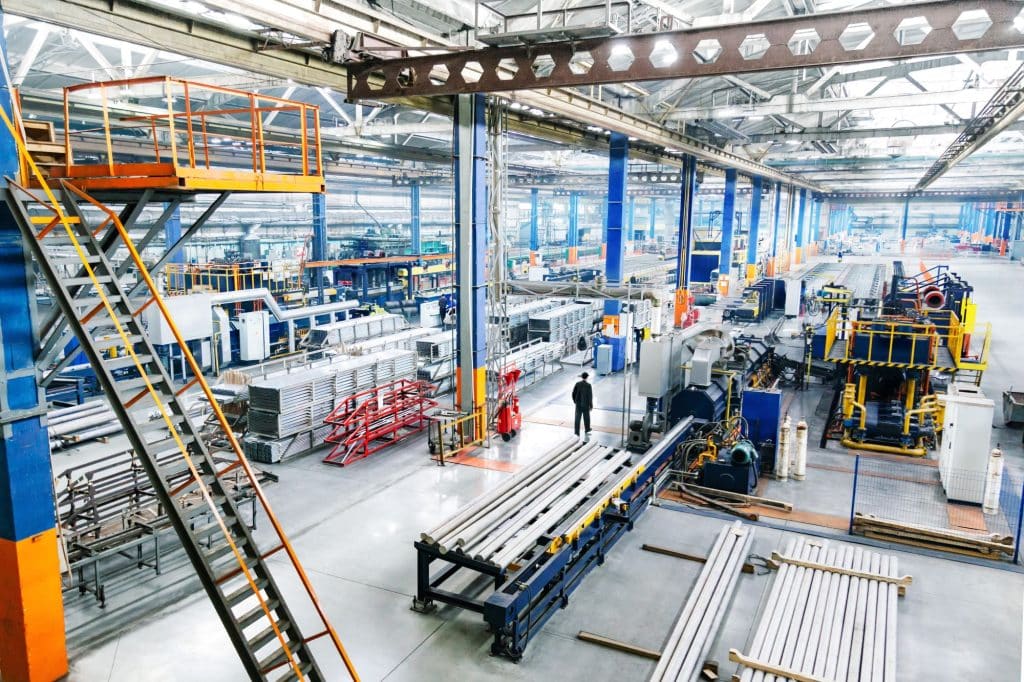If you’re a business owner considering manufacturing options, it’s essential to understand the different paths available to you. Two widely used approaches you’ll encounter are contract and toll manufacturing.
This article will unveil the similarities and differences, advantages and drawbacks, and ideal contract or toll manufacturing scenarios. These insights may leave you better equipped to make informed decisions for your business.

Defining Contract And Toll Manufacturing
Toll Manufacturing
Toll manufacturing entails providing a different company with your raw materials to process into finished goods. You can then take the finished goods and market them as your own.
Example
Suppose you’re a company that produces a unique blend of coffee. You source high-quality coffee beans worldwide but lack advanced processing machinery. You may give these beans to a toll manufacturer, who processes them into your signature coffee blend.
Advantages Of Toll Manufacturing
Here are some of the advantages of toll manufacturing:
- It’s a cost-effective method as you only pay for processing raw materials.
- You get to control the raw material quality as you source them yourself. This could be important for industries like a skincare brand whose selling point is unique, organic ingredients.
- It can help mitigate risks related to quality and manufacturing standards. This is particularly true when you’ve got the raw materials, but your manufacturing end isn’t as robust as you’d wish.
A key advantage of this method is improved product quality and manufacturing standards. This is especially true because you still retain some control over the production process.
Disadvantages Of Toll Manufacturing
Here are some of the disadvantages of toll manufacturing:
- Transportation costs can be high if the toll manufacturer isn’t near the raw material or product distribution point.
- You get less control over the production process. Despite having control over the raw materials, you may miss out on the same leverage over the production process.
- Now that you’re wholly dependent on the manufacturer, any external event that gets delayed may negatively affect your business.
Many major smartphone production companies use toll manufacturing as a more practical option.
Contract Manufacturing
Contract manufacturing involves sharing your ideas or prototypes with an external company to produce your goods. In this case, you only remain with the core competencies like marketing and product development while they handle aspects of manufacturing.
Example
Imagine your company produces high-end perfumes. In this case, a contract manufacturer would source all the raw materials, manufacture the fragrance, and sometimes even handle the logistics. Your sole responsibilities would be marketing and product development.
Advantages Of Contract Manufacturing
Here are some of the advantages of contract manufacturing:
- It can significantly reduce the need for expensive facilities, machinery, and staff training investments. This reduces initial capital investment, which you can redirect to other parts of your business.
- It lets your business focus on other activities that improve business value, such as marketing and product development. Meanwhile, the manufacturing process remains with the experts.
- Contract manufacturers often possess extensive experience, which can ensure high-quality production standards and potential access to advanced manufacturing technologies. This may significantly boost your product quality.
Other advantages of contract manufacturing include market speed and economies of scale, which may reduce production costs.
Disadvantages Of Contract Manufacturing
Here are some of the disadvantages of contract manufacturing:
- Quality issues are likely, especially if the contract manufacturer doesn’t uphold the agreed-upon quality standards.
- You risk sharing proprietary information or processes with a third party, which might risk your inventions. This is especially true for tech firms or beauty lines with revolutionary practices.
- There’s a risk of becoming overly reliant on a single manufacturer, which can lead to vulnerabilities should problems like financial difficulties arise with the contractor.
Contract manufacturing is prevalent in many sectors, like aerospace, semiconductor manufacturing, and even the automotive field.
Choosing The Right Path
How do you decide which option is best for your business? This decision depends on cost, control, risk, and core competencies.
Regarding cost, contract manufacturing often necessitates a more significant financial investment. This is because you’re paying for comprehensive services from procurement to production. In contrast, toll manufacturing could be more cost-effective since you only pay for processing your raw materials.
Considering all these factors before deciding can help you to accomplish your business goals.
Choose Today
Understanding the nuances between contract and toll manufacturing is critical to steer your business in the right direction. When navigating this manufacturing maze, remember that the right path depends on your circumstances, resources, and strategic goals.






